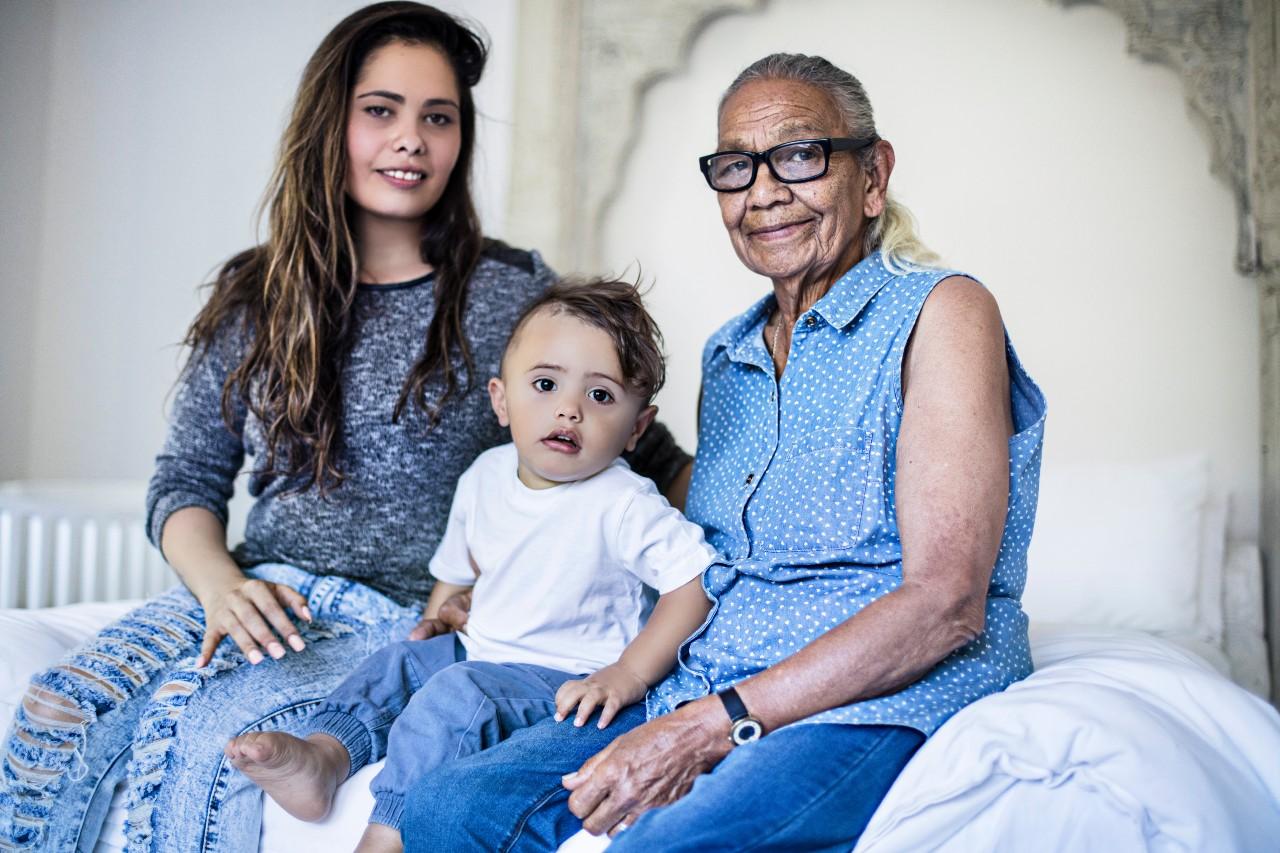
'Rules' flexibility helps Indigenous social housing tenants succeed
AHURI research into social housing and Indigenous tenants
31 Mar 2016
For managers of social housing and Indigenous tenants knowing 'the rules' is important, but there is confusion as to what the rules are, who they apply to and just what they mean? Newly released AHURI research shows that tenants, government housing providers and Indigenous organisations are often seeking different outcomes from social housing, which leads to considerable misunderstanding and diversity of views.
In particular, tenants and Departmental Housing Officers (DHOs) have divergent opinions on eligibility for social housing and tenant responsibilities, especially when it comes to the management of visitors. For many Indigenous people strict kinship-based sharing obligations mean they have to offer accommodation (and other resources) to important family members when asked. However this can lead to overcrowding and breach tenancy rules.
The research investigated five case studies across remote, regional and metropolitan locations in the Northern Territory, Western Australia and Queensland. These case studies revealed that tenants have taken on a high level of responsibility for their properties, which appears to be higher than has occurred historically. Tenants developed their own rules to alleviate the stress of crowding and other issues (such as anti-social behaviour) and also called on trusted housing officers to help them enforce the rules. Their problem was not with there being rules, but rather how the rules were developed and followed.
... the most effective tenancy management by state housing authorities has evolved to be a personalised and, at times, case management approach by DHOs.
The findings suggest that an efficiency-driven mainstream approach to tenancy management will not work for disadvantaged Indigenous clients. While coercive rules and sanctions are at times required and do at times work, a comprehensive approach that combines sanctions with preventative, supportive and rehabilitative strategies is most likely to be successful.
Indeed, the most effective tenancy management by state housing authorities has evolved to be a personalised and, at times, case management approach by DHOs. To be effective in practice, DHOs need a repertoire of different rules and sanctions that they can apply flexibly to different tenants in different situations. In addition having the choice to use a range of more negotiated, participatory and incentivised approaches is also important. These strategies align with contemporary welfare state reform whereby Governments aim to promote consumer choice to empower welfare recipients.
AHURI Final Report no. 260
Indigenous lifeworlds, conditionality and housing outcomes
Research authors: Mark Moran, Paul Memmott, Daphne Nash, Chris Birdsall-Jones, Shaneen Fantin, Rhonda Phillips and Daphne Habibis.
